As the IFA prepares to count votes in its national and Munster regional elections this Tuesday, farmer Jim Morris hopes the association he joined more than 50 years ago will pull together. The veteran of the campaign for farmers’ rights witnessed firsthand the power of the organisation when it shows unity.
From Ballydehob in west Cork, Jim joined the then National Farmers Association (NFA) in the early 1960s and was chair of the Drimoleague/Drinagh branch in 1966. It was branch member Danny McCarthy, who was on the national council, who involved him in the campaign for farmers’ rights at the time.
We left on a Friday and walked for 12 days to reach Dublin on a Wednesday
NFA president “Rickard Deasy had got the idea from the civil rights marches in the United States and he put the idea to Danny McCarthy down here. Danny was a larger-than-life character and he insisted it started in west Cork,” Jim said. “We left on a Friday and walked for 12 days to reach Dublin on a Wednesday.”
Led by Seán O’Brien of Bantry, the group of west Cork men walked from there to Enniskeane on the first day. “We sang as we marched. I remember I ended up singing ‘Come along,’ a Scottish marching song, eight times over the last few miles as night fell between Manch and Enniskeane,” Jim remembers.
The first two days were the longest, with more than 20 miles each – “there were a lot of blisters and sore feet”. After that, the farmers were “only” walking around 15 miles a day. “We were fed in farmhouses and stayed there too,” said Jim. From Cahir onwards, there were caravans and the group swelled until it reached Merrion Square.
He remembers the 16 who walked from Bantry to Dublin: there was Fachtna O’Callaghan from Rosscarbery and Jack O’Sullivan from Bere Island who carried the IFA banner through Dublin. Jim and James Jerry Mike O’Sullivan from Coomhola were right behind carrying the Cork banner.
March wakes up farmers as they unite against the government
“As we came into Dublin, some of the locals complained on the food price until they heard what prices we were receiving,” Jim recalls. He says the march woke up farmers more than anyone else as they united against the government. A strike followed shortly afterwards, virtually shutting down the country.
To this day, Jim is proud of his involvement: “It was a great experience and no one could take it away from me. I had most of my involvement in my thirties and I thought I might have gone back, but there was probably better people there than me.”
He went on to be west Cork chair and ran for election to the national council in the early 1970s, but the vote was declared null and void. “I didn’t mind as I had a good bit to do with farming and if I was to attend meetings I wouldn’t get to see my children too much,” Jim said.
I hope all members back the new president.
As another IFA election looms, he wants to see the organisation come together again. “I hope all members back the new president. I’d say farmers will rally around him,” he said. “If you don’t have support, there’s no point in going forward.”
Jim thinks that the IFA’s new leaders will suspend the controversial levies that have been discussed throughout the campaign. “They’re not really short of money. It might be no harm if the organisation got lean and mean for a while when farmers are making less money at the moment,” he said.
His comments echo those of many farmers shocked by last year’s pay scandal, but Jim is not overly worried. “What happened last year was unfortunate, but these things happen. It might be the makings of the organisation for the next 20 years.”



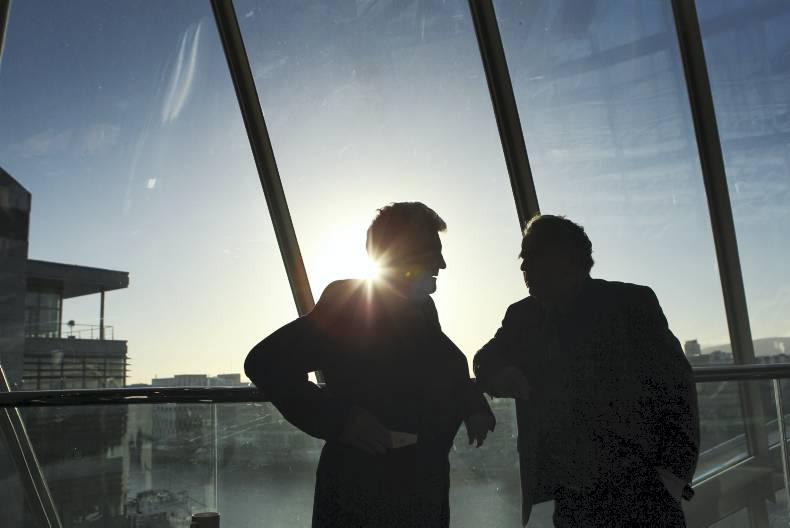


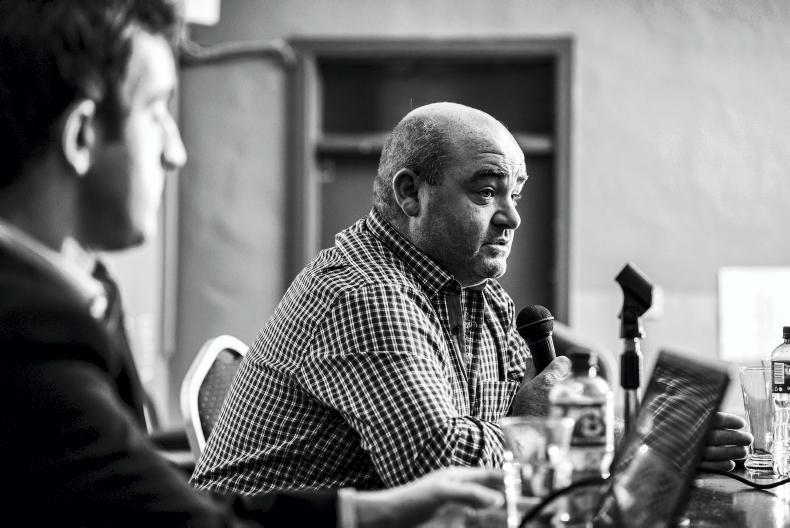
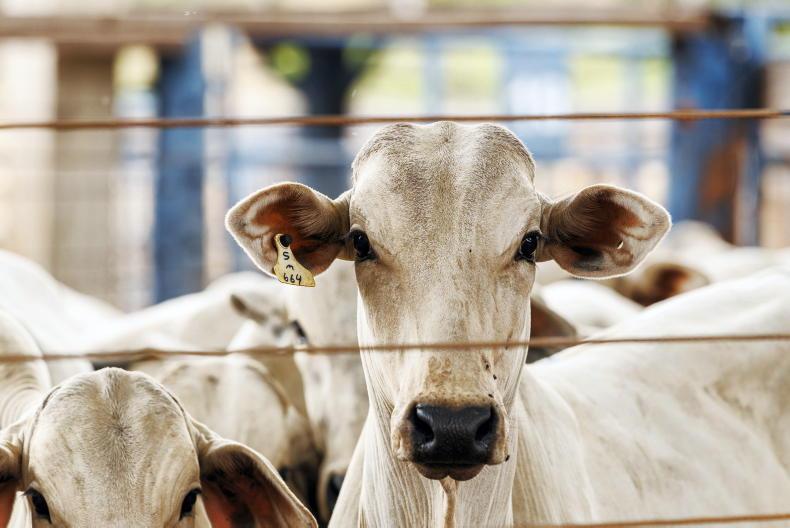
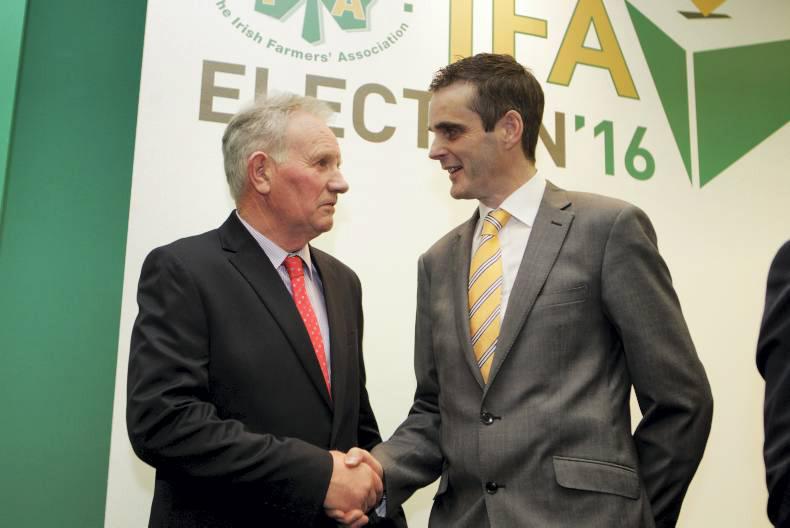
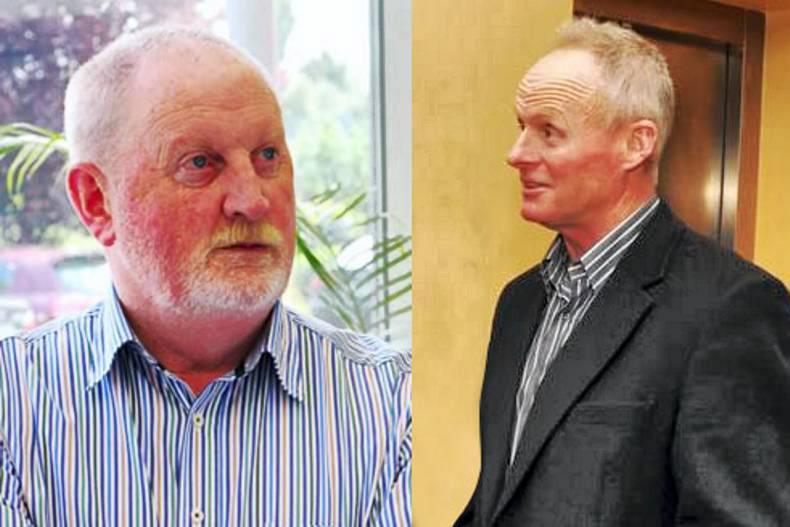
SHARING OPTIONS